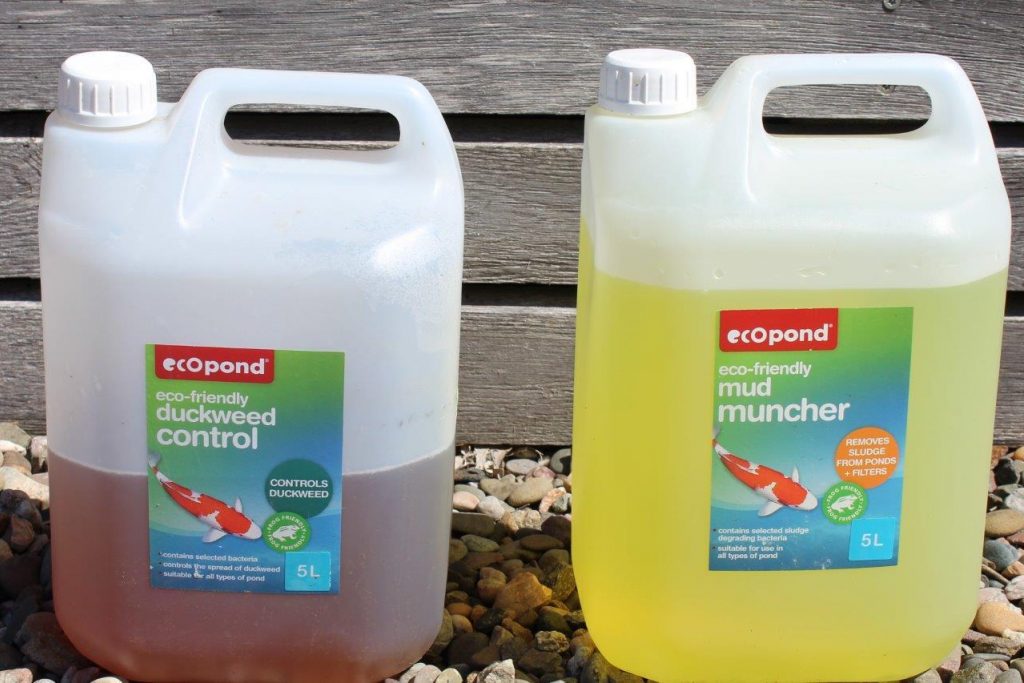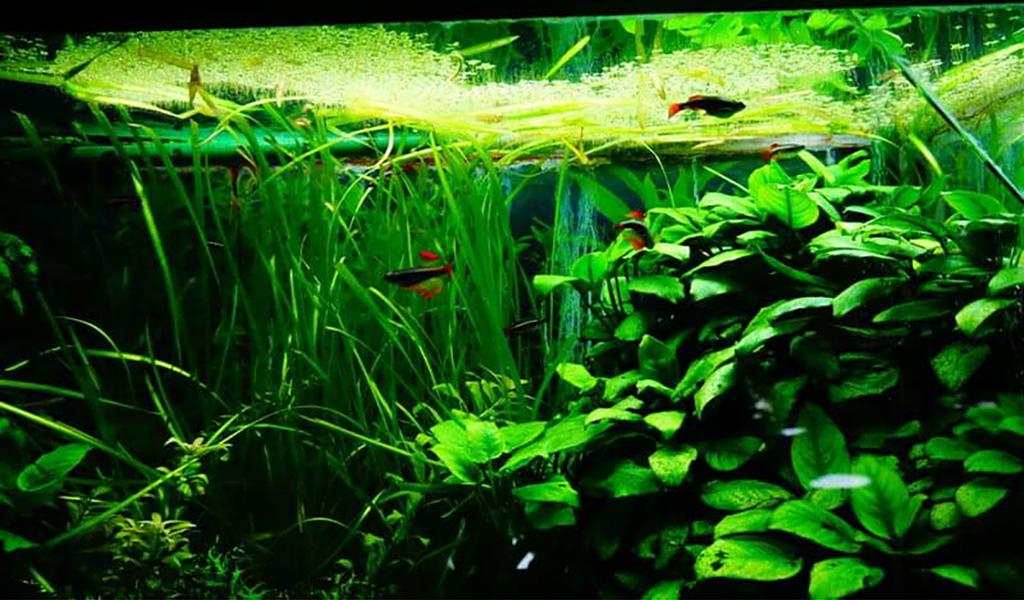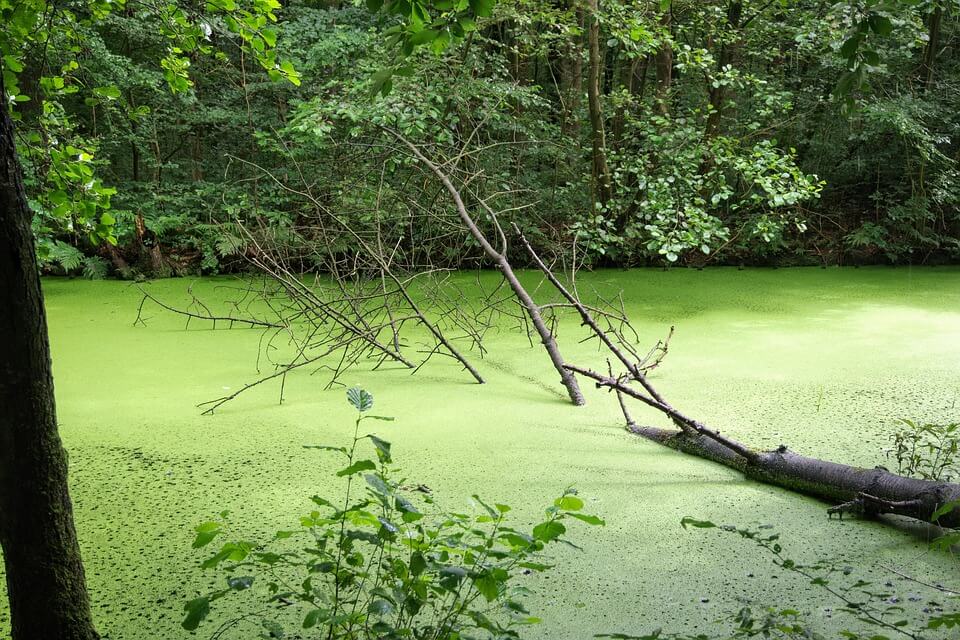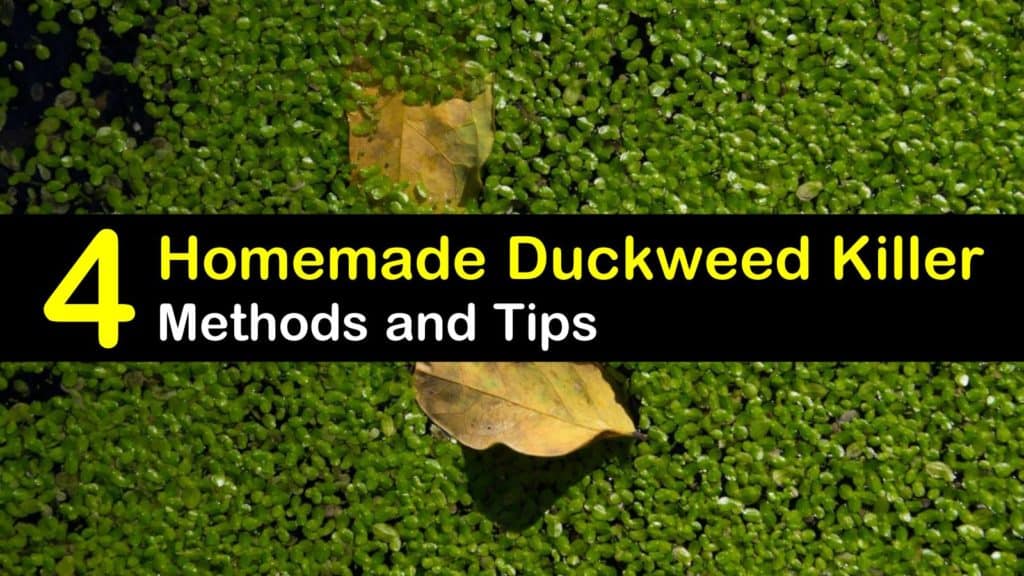Divine Info About How To Control Duckweed

Are you tired of seeing your beautiful pond overrun and wondering how to get rid of duckweed?
How to control duckweed. Tuesday, 15 february 2022 at 3:28 pm. How to control or get rid of duckweed. Find out the best practices for.
They multiply rapidly and quickly fill. Duckweed can be a real pain in the pond, but don’t worry, we’ve got you covered! The tiny, rounded leaves float on the water surface, resembling a mass of young cress plants.
An aquatic weed killer would not. Natural ways of controlling duckweed can eliminate the need for chemical treatments,. Learn how to get rid of duckweed, a small floating plant that can cover your pond and harm fish and wildlife, using mechanical or chemical methods.
While duckweed can be beneficial, its rapid growth may lead to overcrowding, requiring you to take steps to control or even. Find out how to control duckweed. In this section, we will explore three key prevention methods:.
Physically raking or pulling out all the duckweed can be an effective method of control, although duckweed can replicate quickly from remaining buds. One of the best ways to control duckweed is to add its natural predators to the water and the area that surrounds it. The most effective and safest way of controlling duckweed is prevention.
Find out the best herbicides, algaecides and other. By addressing the reasons why there is so much richness in the water and working to reduce the amount of sediment can, along with using aquatic herbicides, help to. This method involves physically scooping out the.
Fluridone fluridone (sonar® as, avast!®) is not a contact herbicide like diquat, but a systemic herbicide that moves slowly into plants to kill them. What is duckweed and watermeal? How to get rid of duckweed.
Learn how to identify, treat and control duckweed, a small floating plant that can overrun your pond and reduce oxygen levels. Find out how to prevent and control its invasive. Unfortunately, the only option available that can truly eliminate duckweed from your pond is a chemical herbicide or weed killer.
Excess nitrogen and phosphorous from fertilizer runoff and fish waste. Ducks also eat duckweed, but they don’t always control it. Duckweed is a familiar sight to pond owners.
To prevent the overgrowth of duckweed, there are several effective methods that you can employ.


















